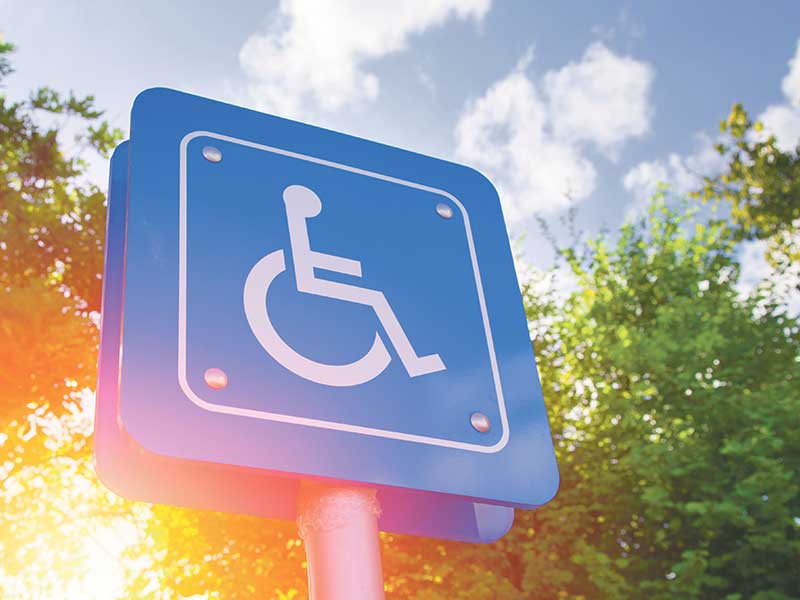
The federal government is asking provinces and territories not to claw back the Canada Disability Benefit (CDB) when it goes online in July. In the fall economic statement, Ottawa announced it will bring legislation to exclude the CDB — designed for low-income Canadians with disabilities — as income under the Income Tax Act.
“The Government of Canada calls on all provinces and territories to allow the CDB to flow through to recipients in their jurisdiction without clawing back their respective supports,” a spokesperson from Employment and Social Development Canada told Investment Executive in an email.
Nunavut, Manitoba, Nova Scotia, British Columbia, Saskatchewan and the Yukon made that commitment after a video conference between federal, provincial and territorial ministers responsible for social services in September.
Newfoundland and Labrador committed to increasing its support for people with disabilities. Discussions with other provinces and territories are ongoing.
Ontario hasn’t committed yet. The province has expressed interest in not clawing the CDB back in the Ontario Disability Support Program (ODSP).
In a separate email, Ontario’s Ministry of Children, Community and Social Services told Investment Executive: “Our priority in the continuing work with the federal government is ensuring the Canada Disability Benefit builds on existing programs like ODSP, and that people have access to it without facing undue barriers.”
Currently, ODSP recipients have their benefits clawed back dollar for dollar if they also receive Canada Pension Plan Disability benefits, while federal refundable income tax credits such as the Canada Child Benefit are exempt.
The CDB received $6.1 billion in funding in the 2024 Budget. Eligible people can receive up to $2,400 a year beginning in July 2025.
Provinces and territories have the final say on whether and when they will heed that call.